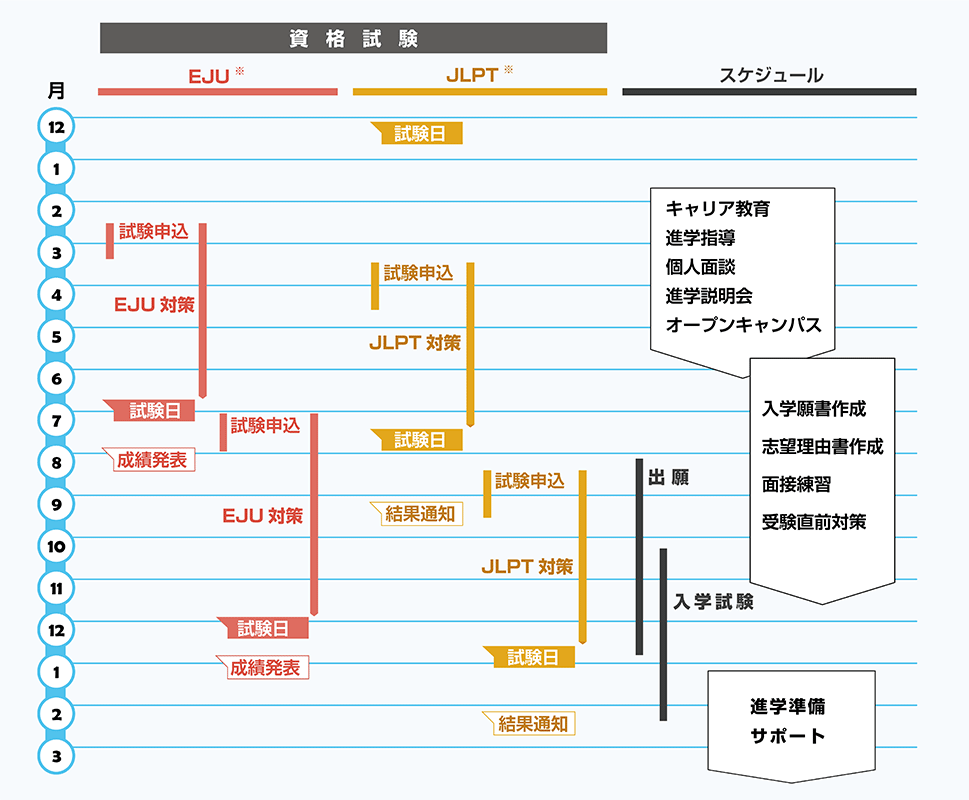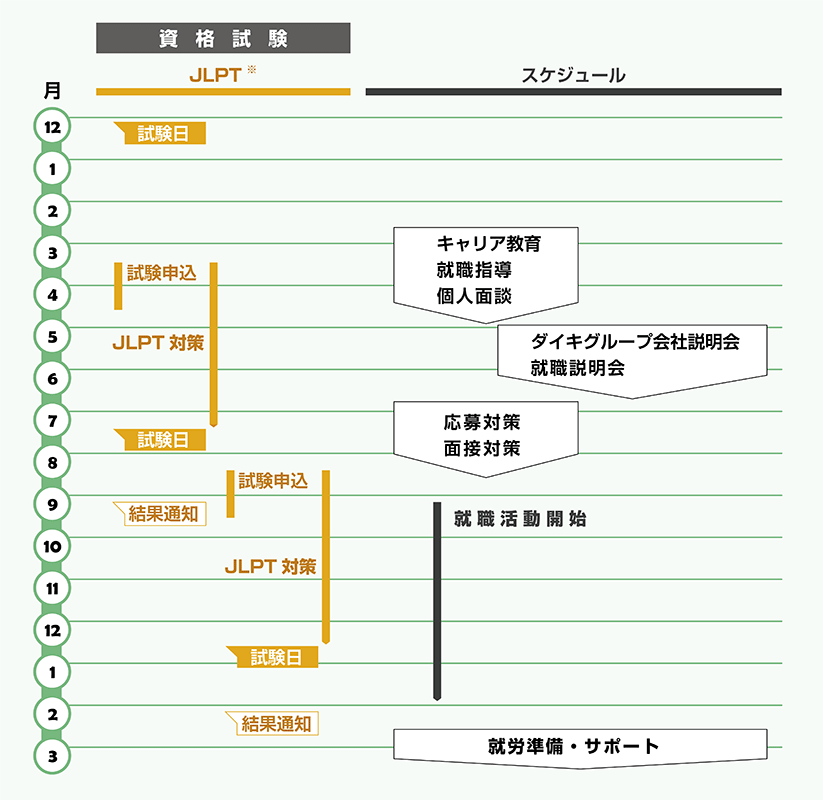To make your dreams of “Studying in Japan” and “Working in Japan” come true, Daiki Japanese Language School Tokyo will do its best to support you
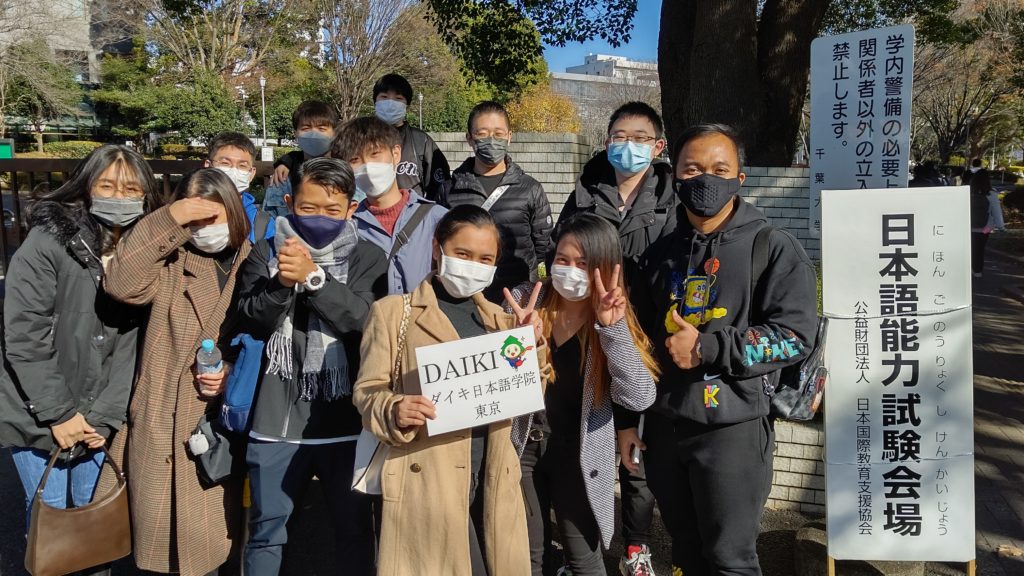
In response to the rapid globalization and informatization of society, Japan has implemented an educational reform in 2020. The skills that are now in demand at Japanese universities, graduate schools, vocational schools, and other institutions of higher education are “the ability to think, judge, and express oneself.” It refers to human resources who can see every “issue as their own,” think for themselves, and find solutions after listening to the opinions of others. In an age where it is said that within the next 10 to 20 years, nearly half of the jobs performed by humans will be automated, this ability to think, judge, and express is a skill that is in demand in society.
At Daiki Japanese Language School Tokyo, we not only provide information on where to go for higher education and employment, and support students in their entrance examinations and job hunting activities, but we also have an educational curriculum designed to develop the human resources that the times require. Our goal is not to prepare foreign students for higher education or to help them find employment. Our mission is to develop human resources who will be welcomed by Japanese society in the future.
Support for Higher Education
Voices of Seniors
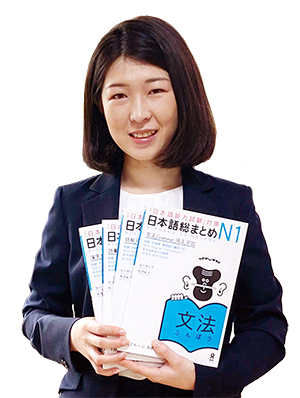
秀平(Xiu ping) from China
I was able to go to the university of my choice!
The university entrance examinations for foreign students vary from university to university, including document screening, written examinations, and interview examinations. The examination system in China is completely different from that in Japan, so I was able to pass the exam thanks to the kind guidance of my teachers, who helped me find a university and take the interview. Also, the presentation classes and trial classes were very useful for my self-promotion for the interview. I would like to study marketing at university and start my own business in the future.
Schedule for Daiki’s Higher Education
※EJU (Examination for Japanese University Admission for International Students)日本留学試験
※JLPT(Japanese-Language Proficiency Test)日本語能力試験
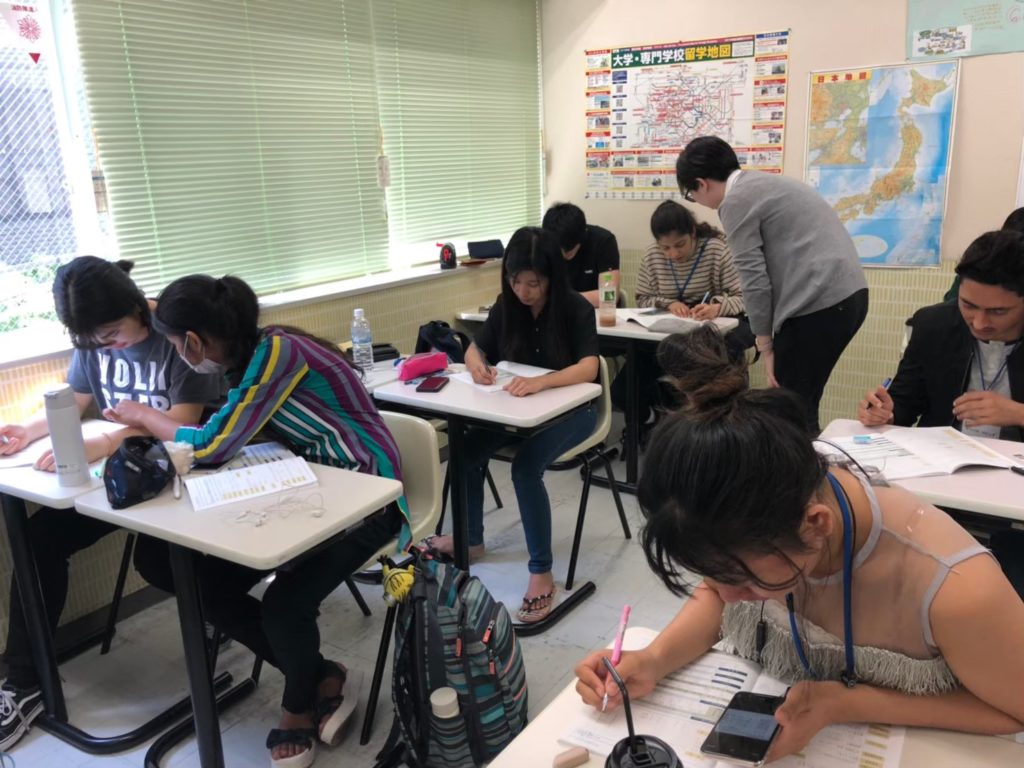
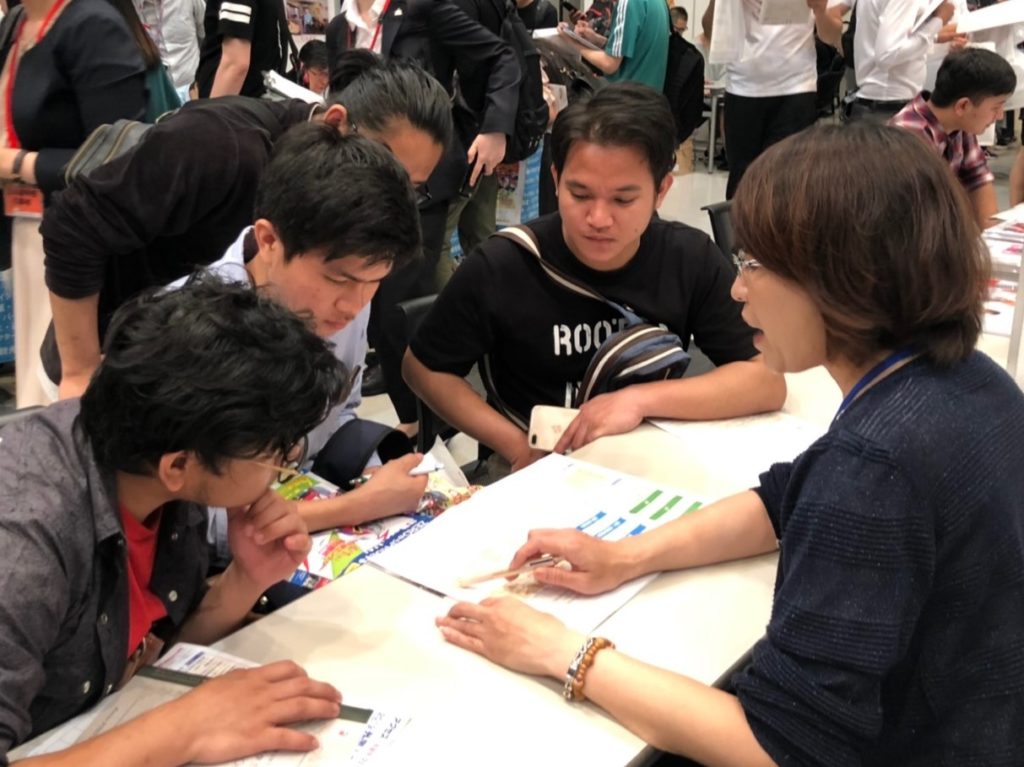
“What are your dreams for the future? “What do you want to be in ten or twenty years?” In career education classes, students look at themselves and think about “their future.” In addition to working with the faculty advisor to create an individualized academic schedule for each student, from choosing a school to passing the entrance exam, personal interviews are also held with students and faculty advisors who have questions or concerns about the entrance exam. They also prepare for the Examination for Japanese University Admission for International Students (EJU) and the Japanese Language Proficiency Test (JLPT), and participate in information sessions on higher education and open campus.
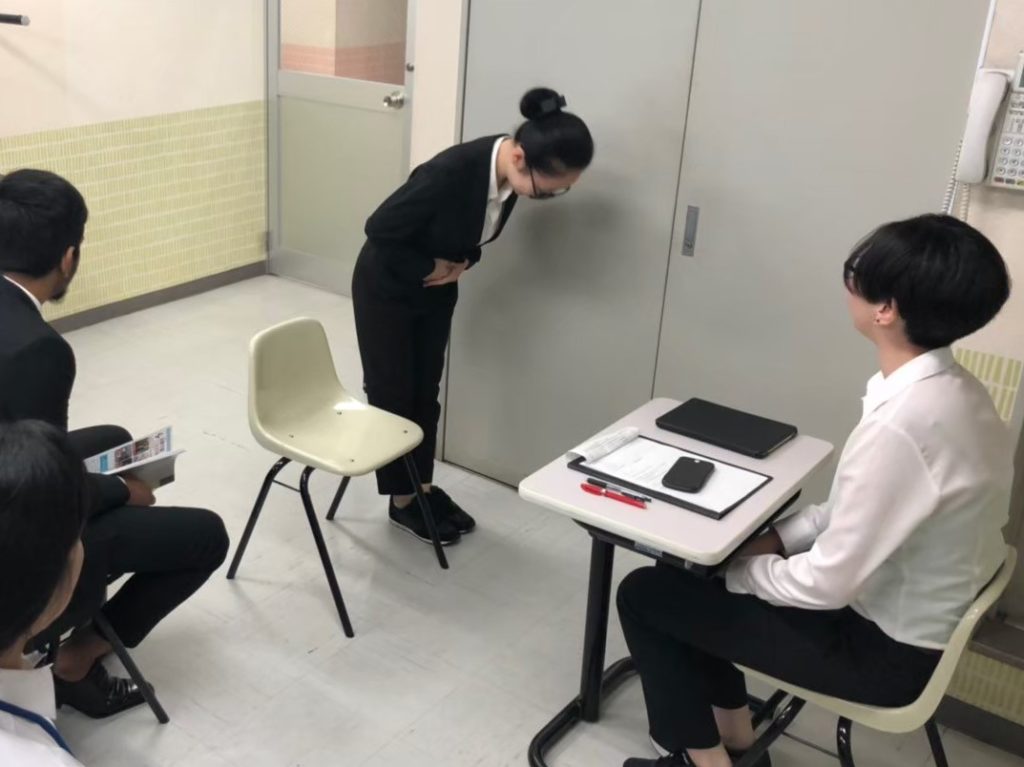
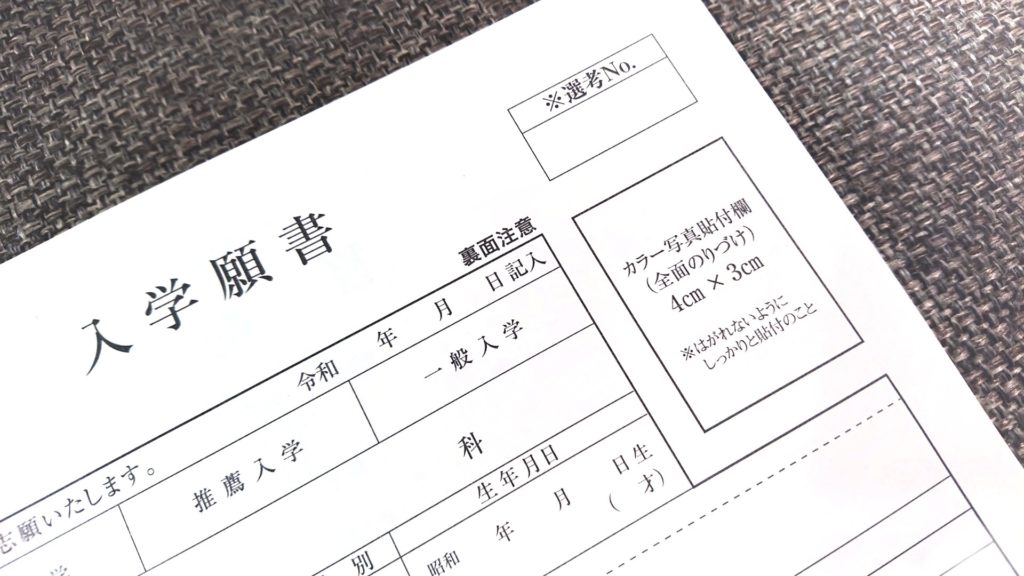
Prepare an application form by referring to the application guidelines of the university or graduate school. The statement of reasons for application is an important document for judging the student’s motivation for admission, sense of purpose, and personality. Students consult and confirm with their advisors whether “the content of the essay is specific and enthusiastic,” as well as “the episode conveys the personality of the applicant.” During the interview practice, the teachers check the students’ appearance and greetings, and guide them to make sure that they are able to express their motivation and future dreams in their own words according to the statement of purpose, and that they are having a conversation with the interviewer rather than a one-way presentation.
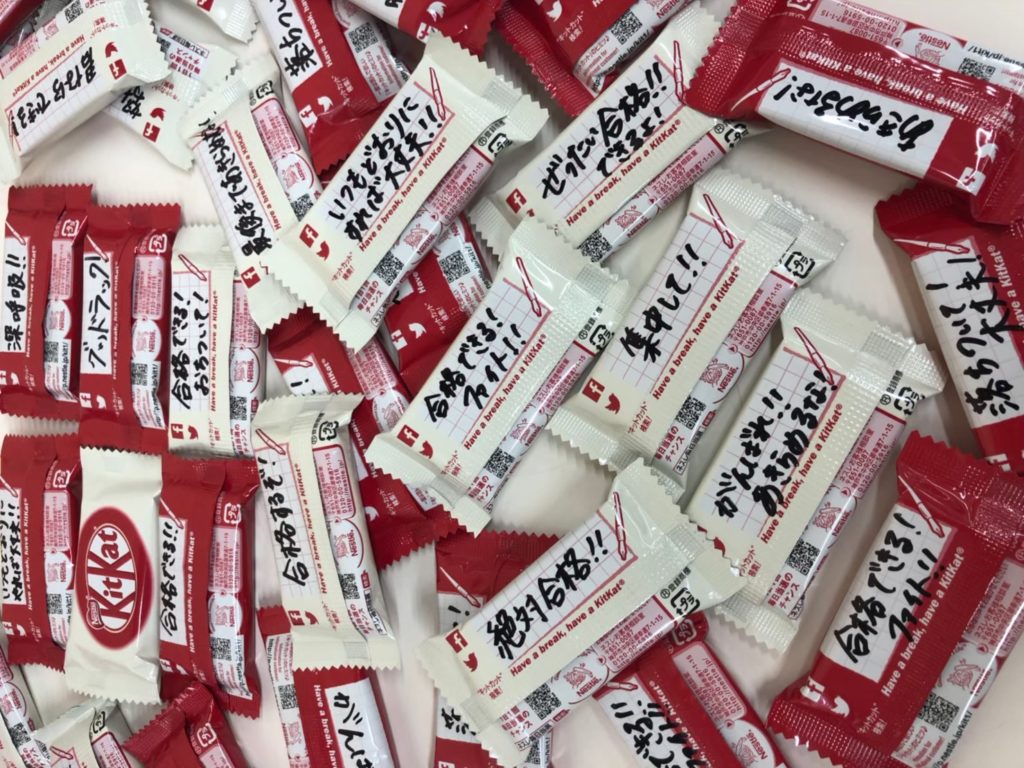
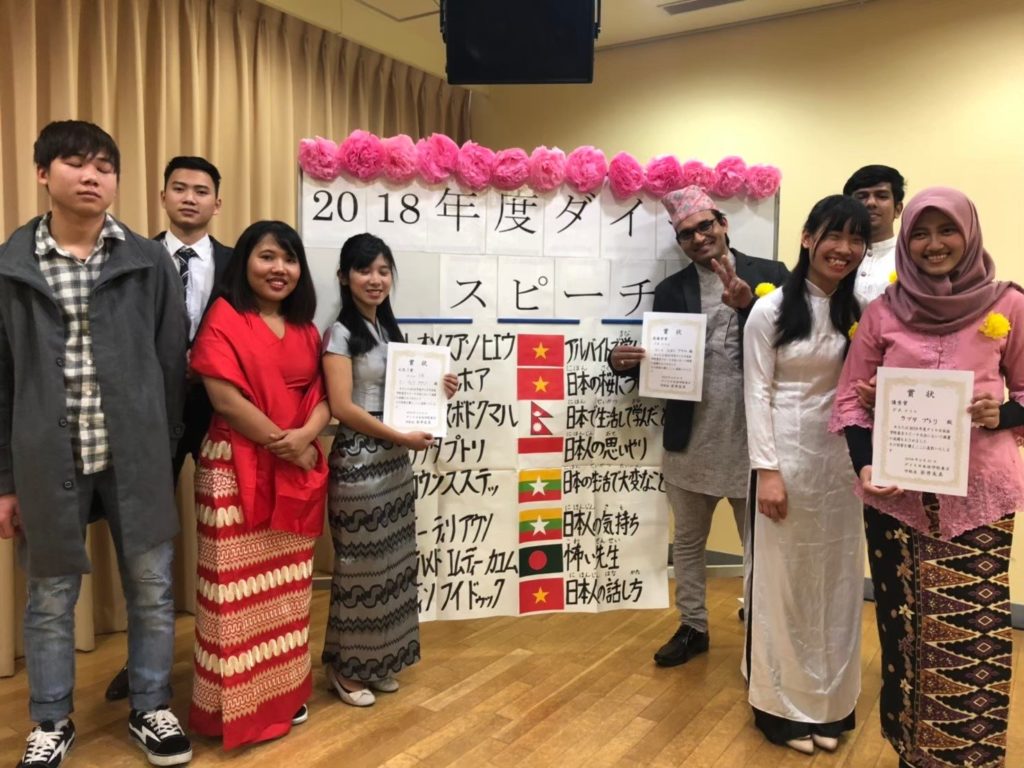
During the period after passing the exam and before graduation, students will also receive the following training in order to further develop “the skills of thinking, judgment, and expression” that are required in higher education institutions. This training is designed to help students acquire the ability to think for themselves, make judgments after listening to the opinions of others, and express themselves using “Japanese.”
- Group work, Discussion, Presentation
- Fieldwork, Interviews
- Speed Reading, Critical Reading
- Reports, Papers, Résumé Writing, and others
Support for Employment
Voices of Seniors

Jayasuriya Gayal Dinuka from Sri Lanka
I was able to get a job at Daiki Engineering, which was my dream job!
Daiki Engineering has many engineers working in a wide range of fields, including automobiles, aircraft, and ships, so it is a recommended company for those who want to challenge various tasks and are wondering what kind of work they want to do.
In addition to work, I am also happy to be able to participate in Japanese culture and events such as cherry blossom viewing during the cherry blossom season, year-end parties at the end of the year, social gatherings, and sports tournaments for each team.
Schedule for Daiki’s Employment Prep
※JLPT(Japanese-Language Proficiency Test)日本語能力試験

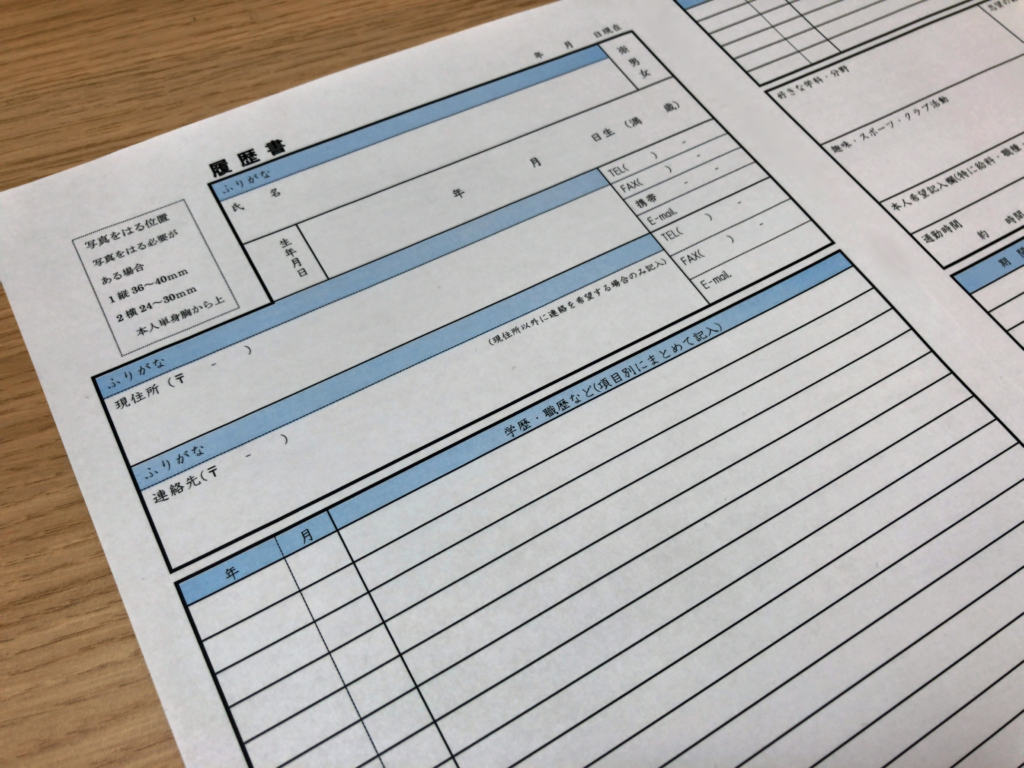
In career education classes, students think about their future, such as “who I want to be” and “what I want to do,” and learn how to research industries and companies and look at job information. In individual interviews, we will pursue work, working styles, and individual career plans in depth. In the course of the job hunting activities, if students have any questions about the companies they are applying to or if they have any concerns about their entry sheets (self-promotion, motivation for applying, what they did well as a student, and others,) they can consult with their academic advisor at any time. We also provide test preparation for the Japanese Language Proficiency Test. (JLPT)
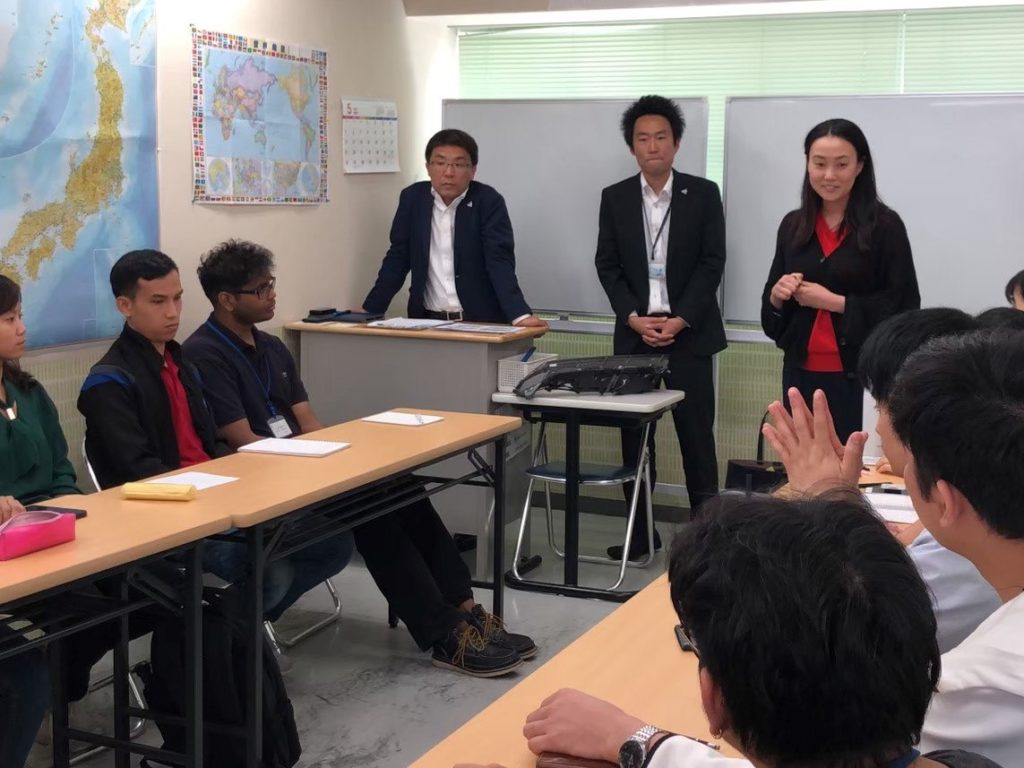
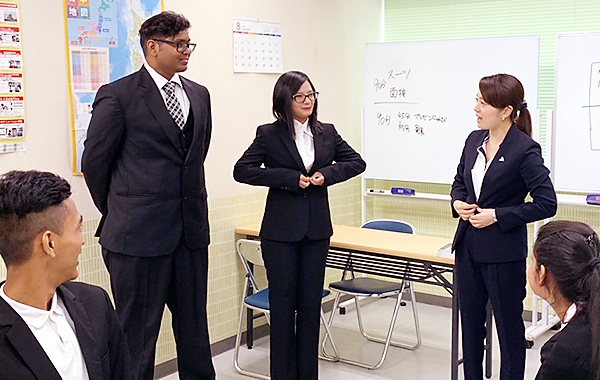
At the Daiki Group Company Information Session, foreigners can hear from the personnel manager in charge of hiring foreigners and the employees of the Technology Department about the Daiki Group’s initiatives, job descriptions, and career plans, as well as about the situation of employment for foreigners in Japan and the industries in which they work. The company information session is a valuable opportunity to hear realistic voices, such as “What kind of foreigners are companies looking for?” and “What are the points to be observed in the interview?” from current human resources staff. In addition, we have a “suit day” where all students wear suits to school to check their appearance and to teach interview etiquette, self-introduction, and self-promotion.
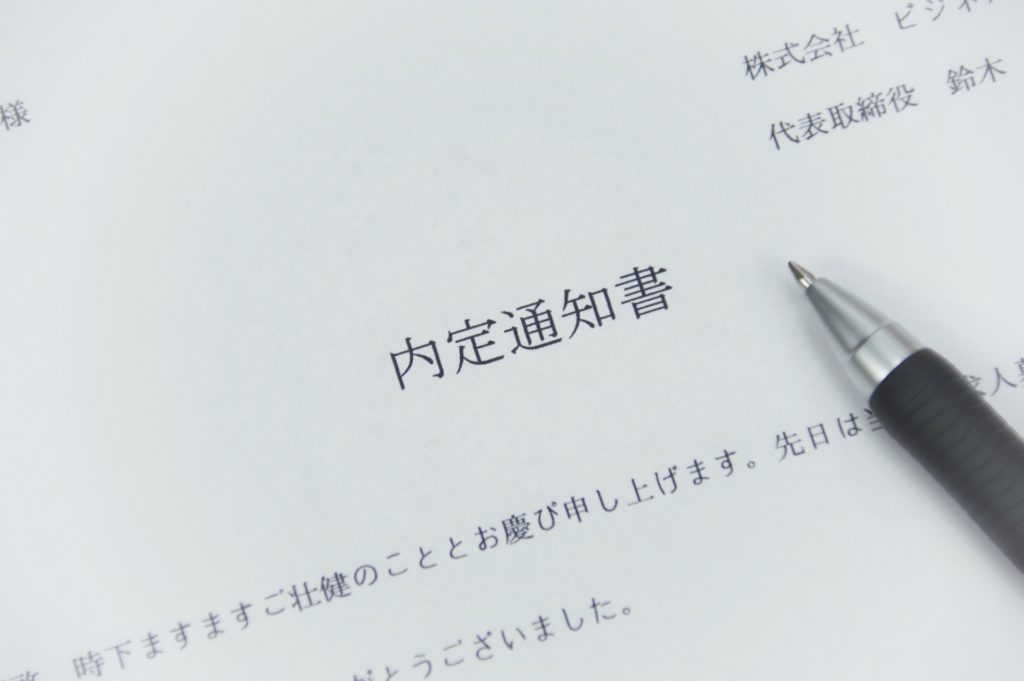
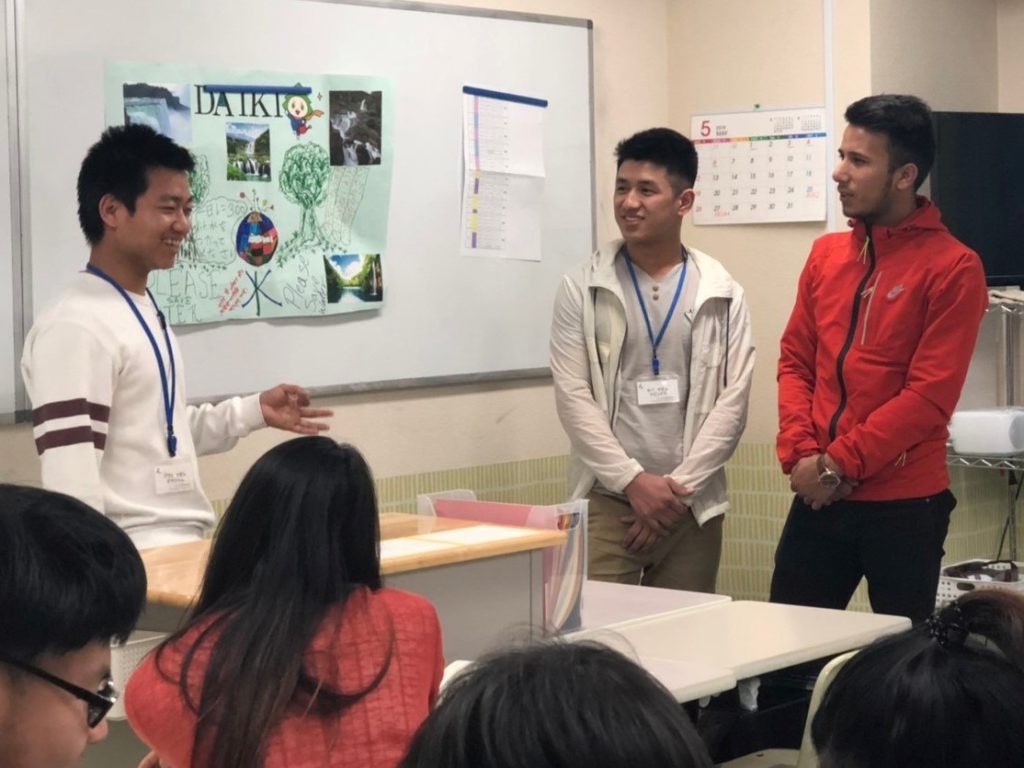
During the period after the job offer and until graduation, the following training will also be provided in order to develop basic business manners and expressions as well as “adults’ basic skills*” (the ability to step forward, think things through, and work as a team).
- Group work, Presentation
- Discussion, Brainstorming
- Information Gathering, Data Analysis, Market Research
- Creating Materials and Business Documents, and others
*The Ministry of Economy, Trade and Industry (METI) advocates “adults’ basic skills” “necessary for working with diverse people in the workplace and local communities.”

